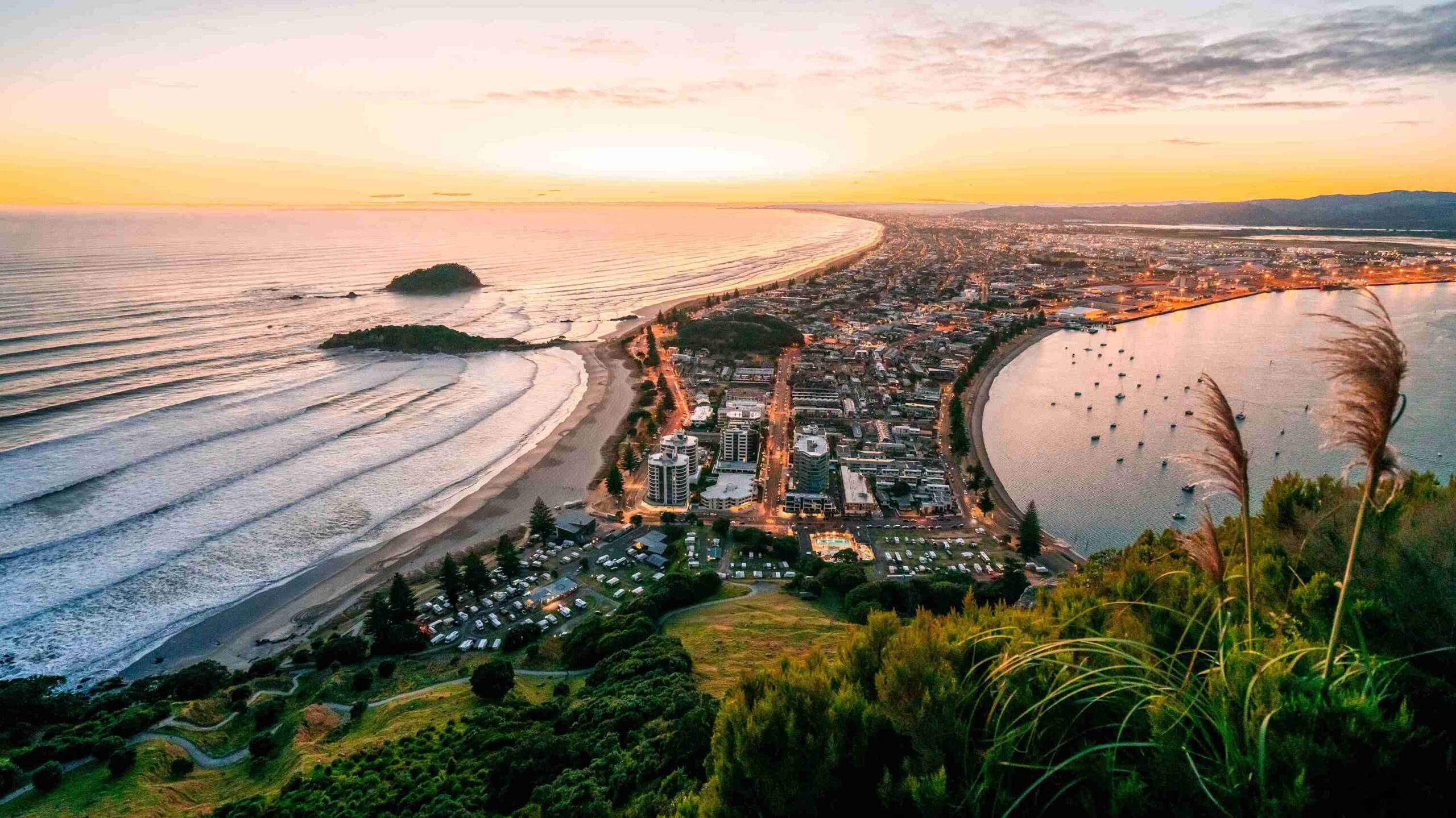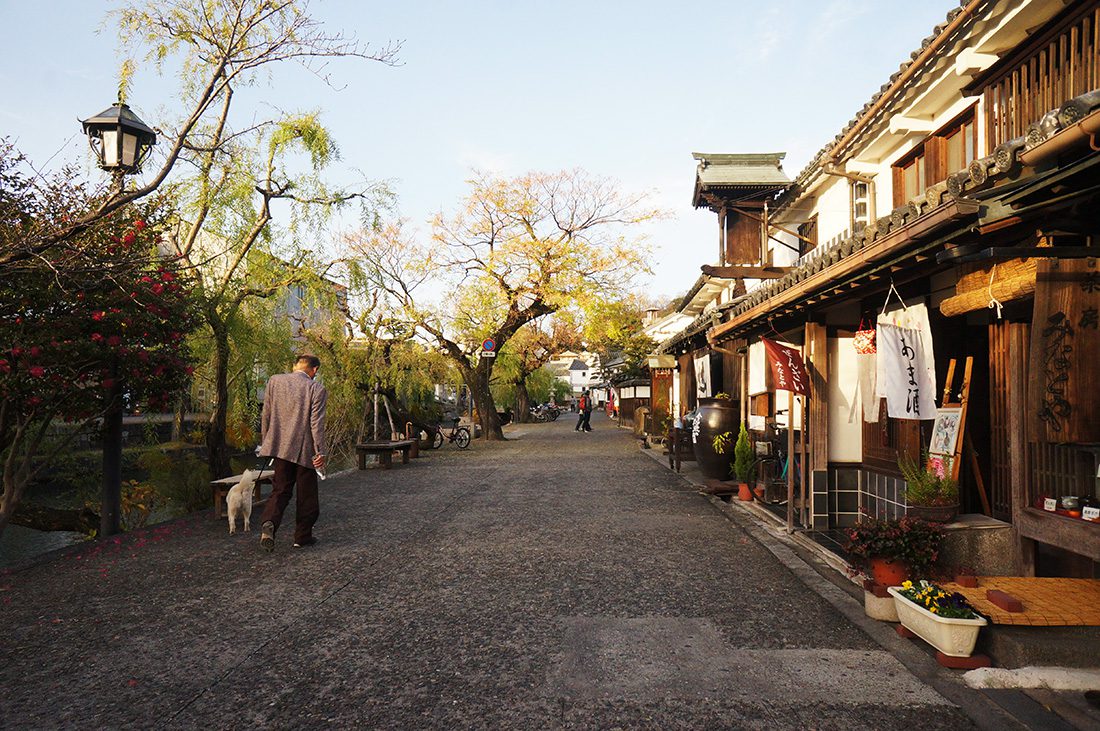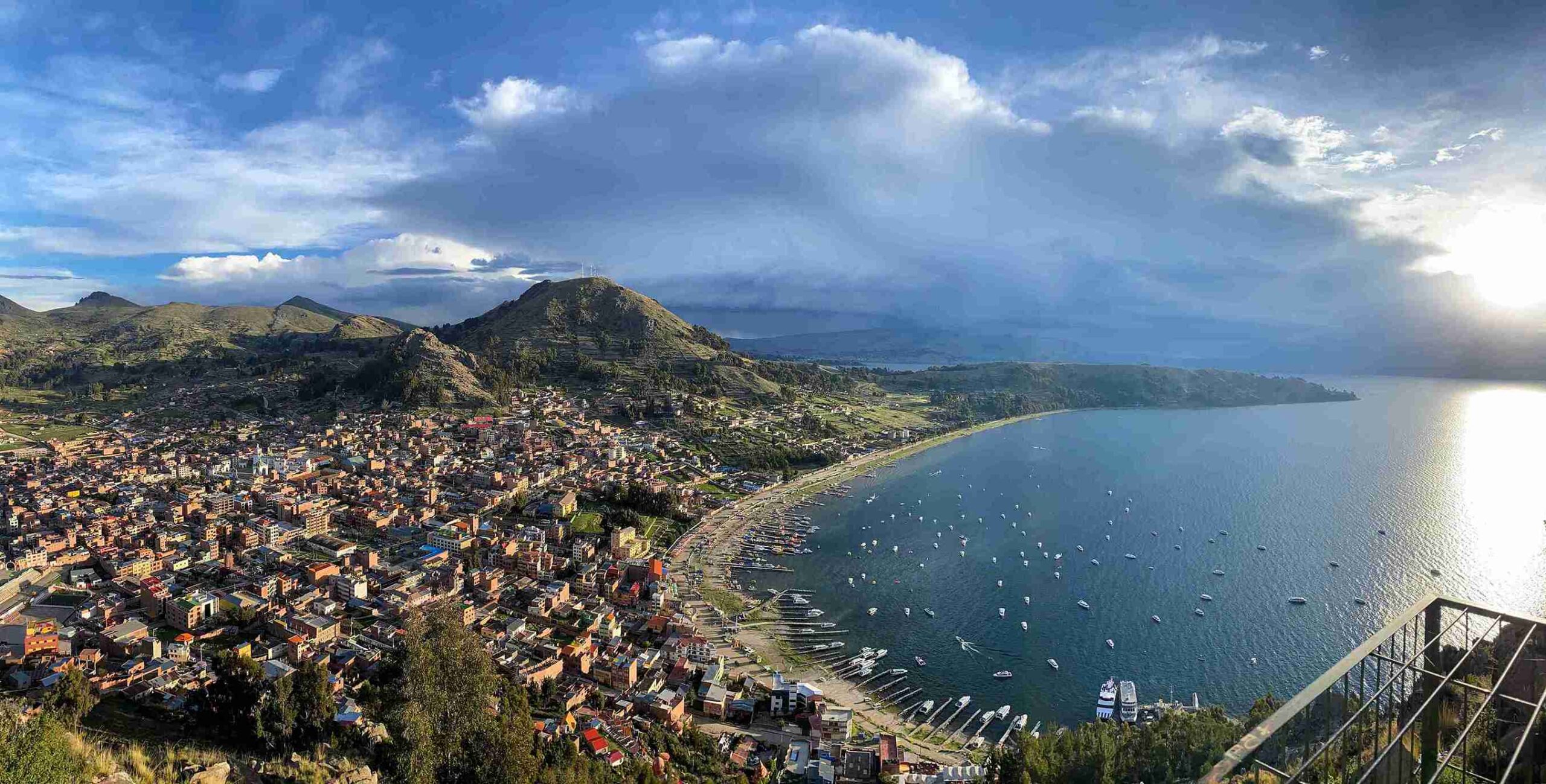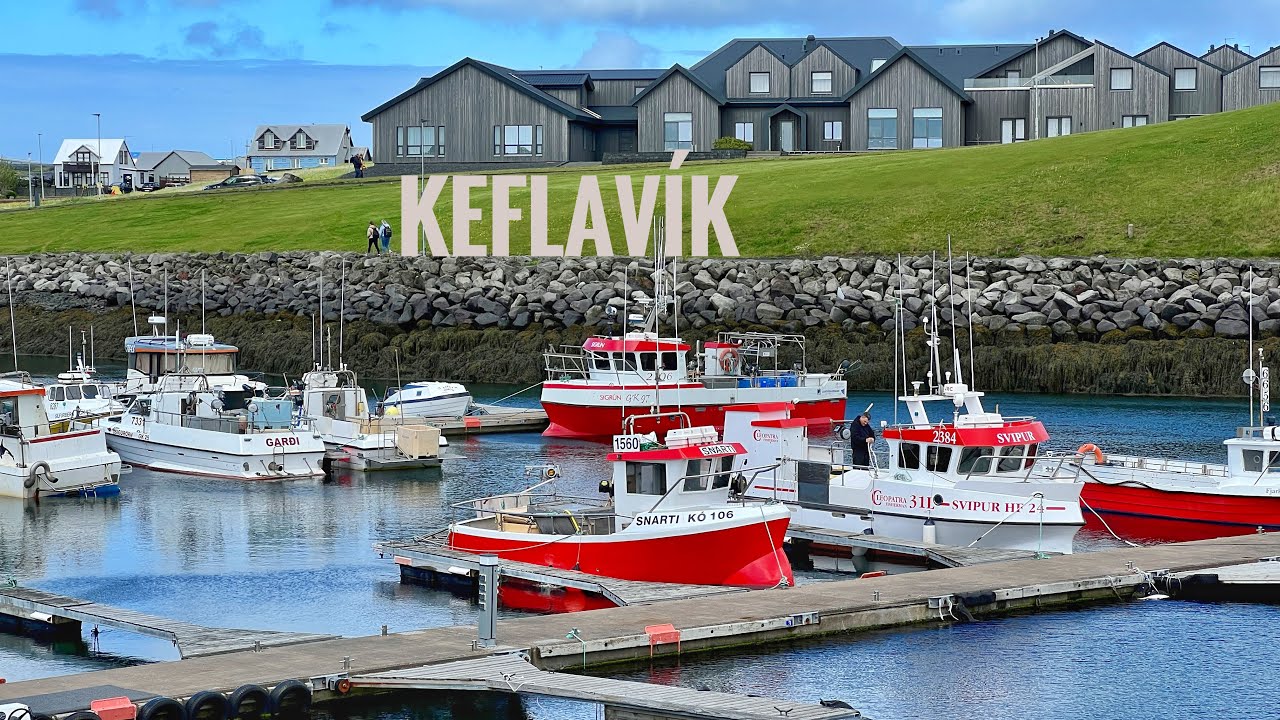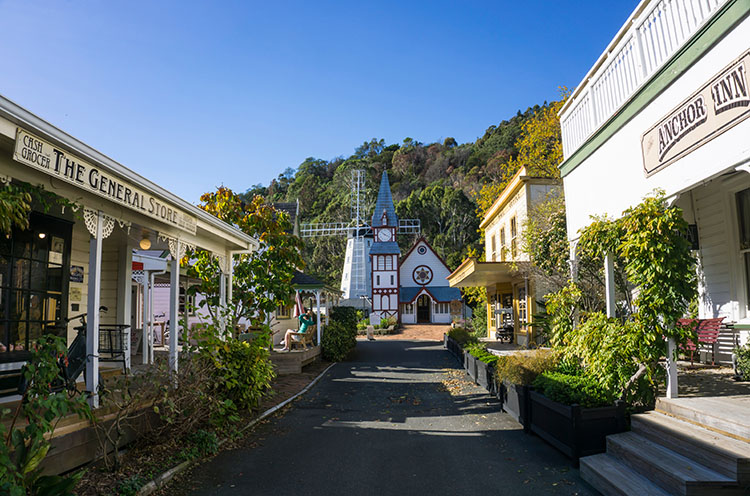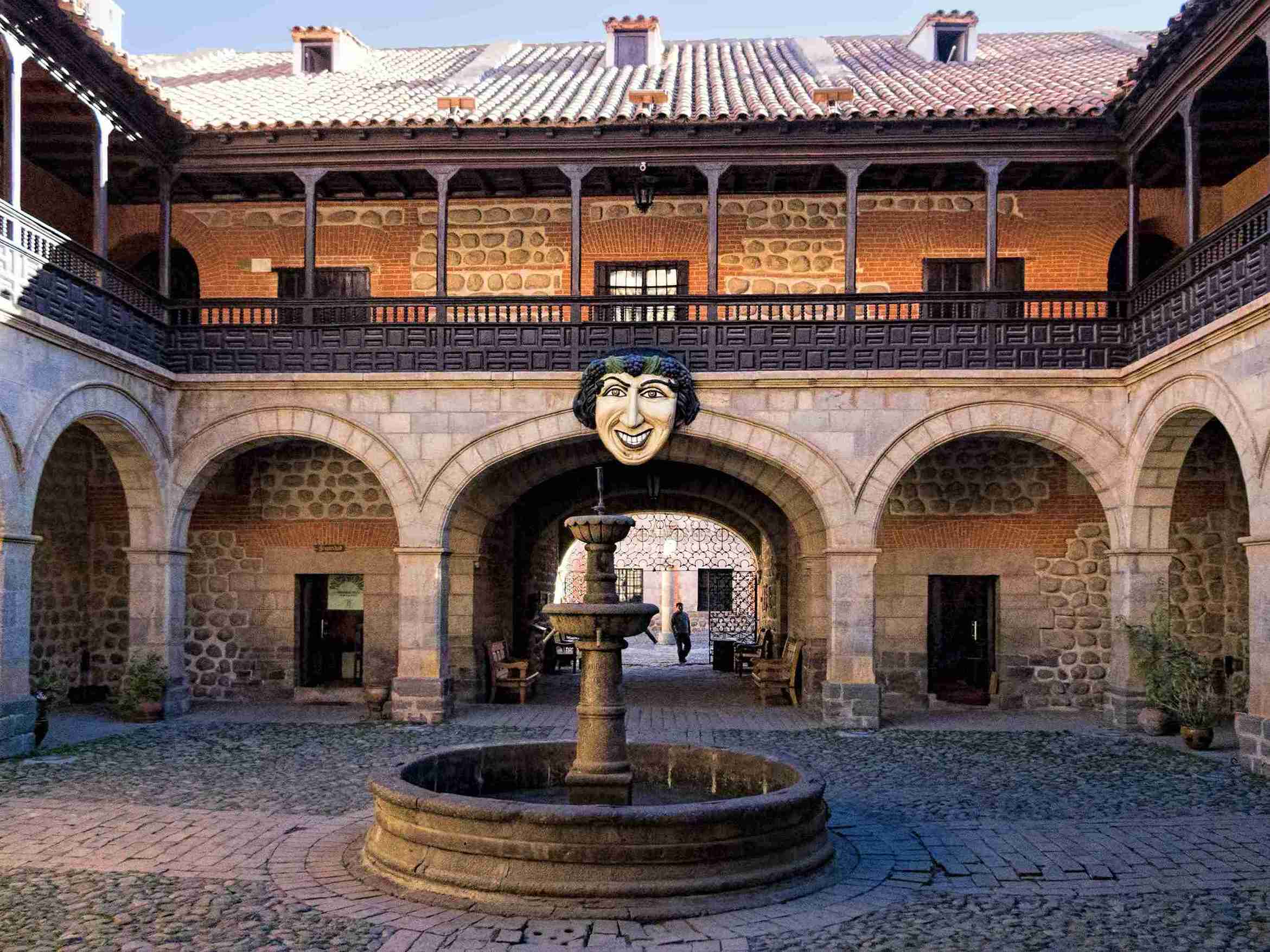Delft, Netherlands – Travel Tips
Category
Categories
Popular Articles

## Overview of the Destination:
Delft, a quintessentially Dutch city in the South Holland province of the Netherlands, is renowned for its historic town center, picturesque canals, and, most notably, its blue and white Delftware pottery. The city brims with charm and history, and any visit feels like stepping back in time. With its well-preserved medieval architecture, particularly the impressive churches and the gorgeous City Hall, not to mention the connection to local-born artist Johannes Vermeer, a trip to Delft is a chance to revel in Dutch history and culture.
## Best Time to Visit:
The best time to visit Delft is between April and October when the weather is most pleasant for outdoor activities. This period also coincides with most of Delft’s major events such as the Delft Chamber Music Festival in August and the Delft Jazz Festival in August and September. The time between April and June is also lovely as it’s the Tulip season in the Netherlands, making the countryside around Delft a colorful spectacle. Fall can also be a great time to visit as it is the off-season with fewer tourists, while still offering mild temperatures.
## Climate & What to Pack:
Delft has a maritime climate, with moderate temperatures throughout the year and rainfall well-dispersed over all seasons. Winters are cold but rarely freezing, and summers are warm but not overly hot. Depending on when you visit, pack accordingly with a good mix of clothing that you can layer. Don’t forget a raincoat or umbrella for those frequent downpours, comfortable walking shoes, and if you’re planning to cycle – a good backpack.
## Getting There:
The easiest way to get to Delft is via the Amsterdam Schiphol Airport, the major international hub in the Netherlands. Delft is well connected to this airport by a direct train, which takes about 40 minutes. No visa would be required for Schengen area countries, but be sure to check ahead for your nationality’s requirements.
## Getting Around Locally:
Delft is very pedestrian-friendly with most major sites located close to each other. Cycling is another quintessentially Dutch way of getting around. There’s a well-developed network of bike lanes and bike rentals are plentiful. Public transportation like buses and trams are also available, though less necessary given the city’s compact size.
## Safety Tips:
Delft is generally safe for travelers. However, like anywhere, it’s wise to stay vigilant and mindful of your belongings, particularly in crowded places. Cyclist and pedestrian crossings are respected, but remember to keep a watch for bikes while crossing lanes—they can sneak up quietly!
## Top Things to Do & See:
There’s no end to fascinating sites in Delft. Some must-see attractions include the stunning ‘Oude Kerk’ (Old Church) and ‘Nieuwe Kerk’ (New Church), Vermeer Centrum (dedicated to Delft’s famous son), and Royal Delft, the only Delftware factory left from the 17th century. A canal boat tour is also a must-do. For a lesser-known gem, visit the University of Technology’s botanical garden.
## Where to Stay:
Accommodation can be found for every budget type. For luxury stays, consider The Hampshire Hotel or Hotel Johannes Vermeer. Some mid-range lodging includes Hotel de Plataan or Hotel de Koophandel. Budget travellers can check out Hostel Delft.
## Food & Local Cuisine:
Dutch cuisine in Delft, as elsewhere in the Netherlands, is hearty and filling. Try the popular ‘Stroopwafel’ (sweet syrup waffle), ‘Pannenkoeken’ (Dutch pancakes), and ‘Bitterballen’ (meatballs). ‘Eetcafe de Ruif’ and ‘Restaurant de Waag’ are popular local restaurants, or for a cheaper bite, the marketplace has various food stalls.
## Cultural & Practical Tips:
The official currency is the Euro, and English is widely spoken. Standard voltage is 230 V, and the type F power plug is used. Free Wi-Fi is commonly available in public areas and most hotels. Tipping around 10% is customary in restaurants.
## Sustainable or Responsible Travel Tips:
Consider cycling or walking instead of motorized transport. Respect local customs, support local businesses, and minimize your waste—Dutch law requires payment for plastic bags in stores, so bring your own.
## Personal Tip:
A visit to Delft isn’t complete without a stroll through its historic streets and alleyways. While the main squares and churches will naturally draw your attention, don’t forget to enjoy the simple pleasure of getting lost in Delft’s charming lanes. The city reveals its true character in these quieter, less-touristy corners.


